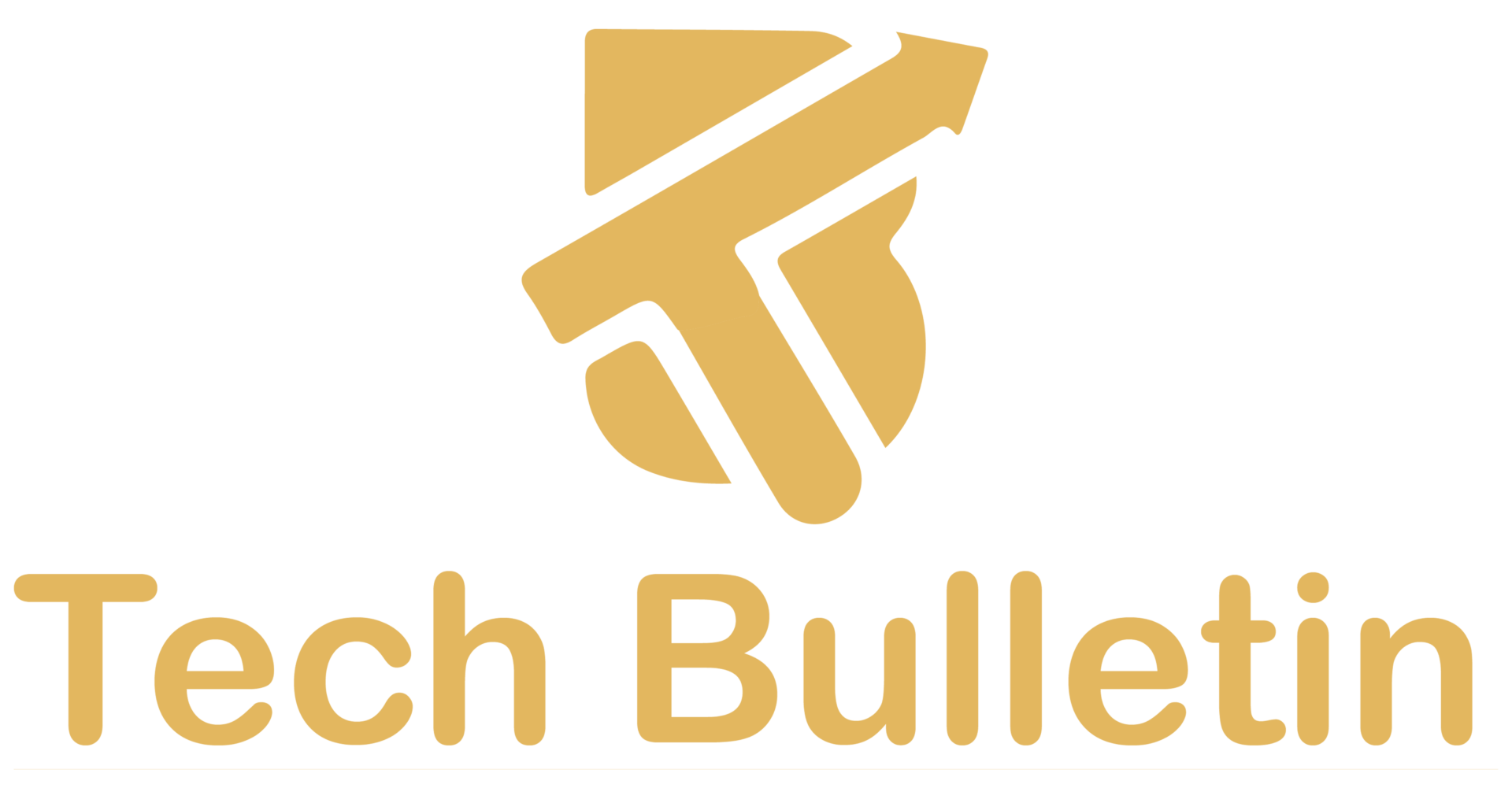Top Attendance Reporting Tools for Teachers and Administrators

In any educational setting, keeping track of student attendance isn’t just a bureaucratic task; it’s a vital part of student success. Regular attendance is closely tied to academic performance, and missing even a few days can create learning gaps. For teachers and administrators, accurate attendance tracking ensures accountability, aids in reporting, and helps identify students who may need extra support.
Manual tracking with paper registers or spreadsheets often leads to errors, delays, and a lack of actionable insights. That’s where attendance reporting tools come in. These tools streamline the process, reduce human error, and generate real-time reports that benefit everyone from teachers to parents.
10 Best Attendance Reporting Tools for 2025
Here’s a curated list of the best attendance reporting tools available today, including both free and paid options:
1. AccuClass

AccuClass is a versatile attendance management system specifically designed for educational institutions that need a high-tech approach. It uses proximity devices such as swipe cards and Bluetooth beacons, allowing students to check in automatically when entering the classroom. This minimizes manual errors and ensures accurate, real-time records. Teachers can use mobile devices to review or edit attendance on the go, and administrators benefit from detailed reports and analytics. Its cloud-based nature means that data is securely stored and easily accessible from anywhere, which is perfect for hybrid or remote learning environments.
Pros: Easy to set up; supports hardware devices.
Cons: Might require hardware investment.
Best For: K-12 and higher education institutions needing biometric or device-based check-ins.
2. Attendance Tracker
Ideal for small schools and individual educators, Attendance Tracker offers a clean, intuitive interface that simplifies the attendance-taking process. Users can track multiple classes or groups and customize the categories for reporting. The app works seamlessly on both web and mobile platforms, allowing teachers to record attendance during field trips, extracurricular activities, or in traditional classrooms. While it doesn’t offer advanced analytics, its simplicity makes it one of the easiest tools to adopt without the need for extensive training.
Pros: Intuitive design; works on mobile.
Cons: Limited advanced analytics.
Best For: Small schools and offices needing quick setup.
3. Classter

Classter stands out as an all-in-one school management platform that includes a robust attendance tracking module. It integrates biometric attendance systems, which means institutions can utilize fingerprint or facial recognition for high-security and high-accuracy check-ins. Alongside attendance, Classter manages grading, scheduling, admissions, and communication with parents and students. This tool is ideal for medium to large schools seeking to consolidate multiple administrative processes into one streamlined platform.
Pros: All-in-one suite; highly customizable.
Cons: May be overwhelming for smaller institutions.
Best For: Schools looking for a full ERP solution.
4. Google Classroom (with Add-ons)

While Google Classroom does not include a built-in attendance tracker, there are several free third-party add-ons like “Attendance Taker” that can be integrated with ease. These add-ons allow teachers to automatically log student attendance, track patterns, and export reports. This setup is particularly advantageous for schools already immersed in the Google ecosystem, as it leverages existing tools like Google Sheets and Calendar. Though it may require initial configuration, it becomes a powerful free solution for managing student presence over time.
Pros: Free; integrates well with Google Suite.
Cons: Requires third-party plugins.
Best For: Schools already using Google Workspace.
5. Gradelink

Gradelink is more than just an attendance reporting tool; it’s a full-fledged school administration system that caters to both teachers and administrators. Attendance tracking is seamlessly integrated with student profiles, academic records, and communication tools. The platform supports role-based access, allowing parents to monitor their child’s attendance history through a dedicated portal. Gradelink’s analytics features help educators identify trends, flag chronic absentees, and ensure compliance with local regulations.
Pros: Comprehensive student tracking.
Cons: Pricey for small organizations.
Best For: Schools wanting full control over data and communication.
6. My Attendance Tracker

Designed with simplicity and accessibility in mind, MyAttendanceTracker is a free online platform that caters mainly to individual teachers, tutors, and small educational setups. The platform enables users to create and manage multiple classes, track attendance daily, and generate customized reports. It doesn’t require any downloads and is accessible from any device with internet access. Its no-cost structure and ease of use make it particularly appealing to budget-conscious educators or homeschooling families.
Pros: Free; great for teachers.
Cons: Limited integrations.
Best For: Independent teachers or tutors.
7. PowerSchool

A leader in educational technology, PowerSchool offers a comprehensive set of features, with attendance tracking being one of its most powerful tools. Schools and districts using PowerSchool benefit from real-time data collection, visual dashboards, and detailed analytics that help improve operational efficiency. Teachers can take attendance from desktops or mobile devices, while administrators can access district-wide reports to monitor trends and intervene where necessary. It’s a premium product suited for large-scale deployments and institutions looking for enterprise-level functionality.
Pros: Enterprise-level; real-time dashboards.
Cons: Expensive; learning curve involved.
Best For: School districts and large educational institutions.
8. PraxiSchool

PraxiSchool merges academic management with attendance tracking, offering a cloud-based system that supports biometric entry and automated reporting. The platform is highly customizable and includes options for integrating grades, assignments, and parent communication into the same dashboard. Its biometric support ensures each attendance entry is uniquely tied to the student, reducing the chances of proxy attendance. PraxiSchool is especially useful for private schools and institutions with high security or compliance needs.
Pros: Biometric support; cloud-based.
Cons: Requires orientation for new users.
Best For: Schools that prioritize security and compliance.
9. Top Hat

Top Hat focuses on higher education institutions and brings a unique blend of engagement and attendance tracking tools to college classrooms. Professors can use it to take attendance through students’ smartphones, using GPS verification or unique codes that change each session. It integrates attendance with quizzes and in-class participation, providing a holistic view of student engagement. With real-time syncing and robust analytics, Top Hat helps professors keep students accountable while making learning more interactive.
Pros: Interactive tools; higher ed-focused.
Cons: May not suit K-12 schools.
Best For: Higher education professionals.
10. Bonus Picks: Jibble and OpenSIS
For those seeking niche applications, Jibble and OpenSIS offer excellent alternatives. Jibble is a free attendance tool geared toward employee tracking, but can be adapted for educational settings. It includes features like GPS location tracking, facial recognition, and timesheets. On the other hand, OpenSIS is an open-source school management system that includes attendance as one of its core features. It’s ideal for schools looking for a free attendance tracker with downloadable options and self-hosting flexibility.
| Tool | Free-tier | Biometric Support | Cloud/SIS Integration | Ideal User |
| AccuClass | ✅ | ⚠️ (RFID) | ✅ | Mobile teachers |
| Attendance Tracker | ✅ | ❌ | ❌ | Small classes, low-tech |
| Classter | ❌ | ✅ (optional) | ✅ | Medium–large schools |
| Google Classroom | ✅ | ❌ | ✅ (via G Suite) | Budget-conscious teachers |
| Gradelink | ❌ | ⚠️ | ✅ | Private/charter schools |
| MyAttendanceTracker | ❌ | ❌ | ⚠️ (API) | Small school admins |
| PowerSchool | ❌ | ✅ (face/finger) | ✅ | Large school districts |
| PraxiSchool | ❌ | ⚠️ (QR/barcode) | ✅ | Modern K–12 schools |
| Top Hat | ❌ | ❌ | ✅ | College educators |
What to Look for in an Attendance Reporting Tool
Choosing the right attendance tracking software depends on the specific needs of your institution. However, the best tools usually offer the following:
- Ease of Use: A user-friendly interface makes adoption smoother for teachers and admins.
- Real-Time Reporting: Instant updates help monitor patterns and take timely action.
- Integration: Sync with student information systems, grading tools, or biometric devices.
- Cost-Effectiveness: Free tools are great for small schools, while paid solutions offer advanced features for larger institutions.
With an array of options available, choosing the right attendance reporting tool can transform how you manage classrooms and staff. Whether you’re seeking free student attendance software, biometric attendance reporting tools, or full-fledged systems for educational institutions, there’s a perfect fit for every need.
FAQs
Q1: What is the best free attendance reporting tool?
A: MyAttendanceTracker and Google Classroom add-ons are excellent free options.
Q2: Can I use biometric tools in schools?
A: Yes, tools like Classter and PraxiSchool support biometric integrations.
Q3: What’s a good option for employee tracking?
A: Jibble is a free and effective solution for employee attendance tracking.
Q4: Are there tools for higher education?
A: Top Hat is specifically designed for universities and colleges.
Q5: Can these tools integrate with gradebooks?
A: Yes, tools like Gradelink and PowerSchool offer gradebook integrations.
Q6: How secure are biometric tools?
A: Very secure, especially when hosted on encrypted cloud platforms.







